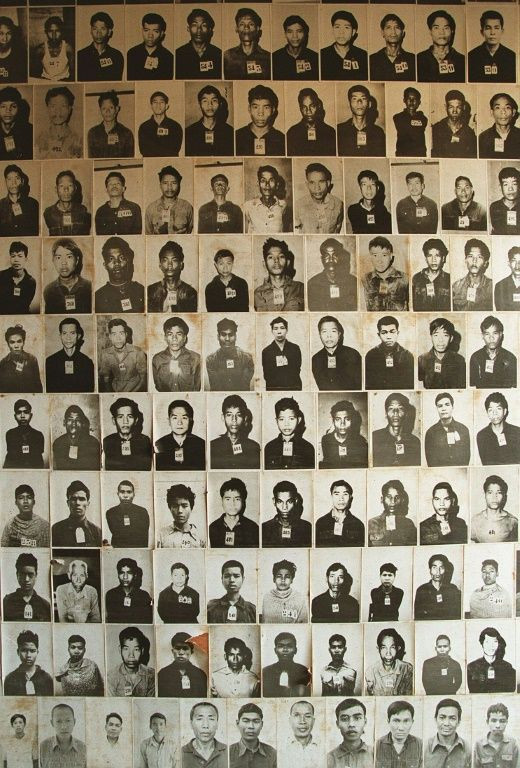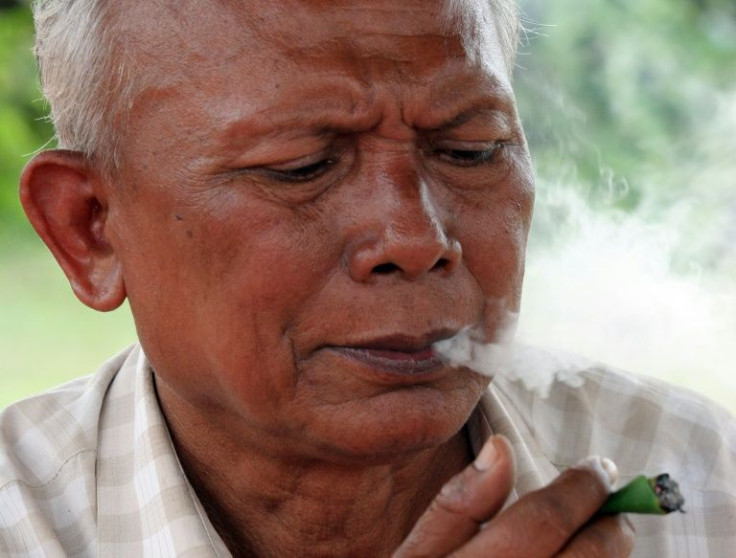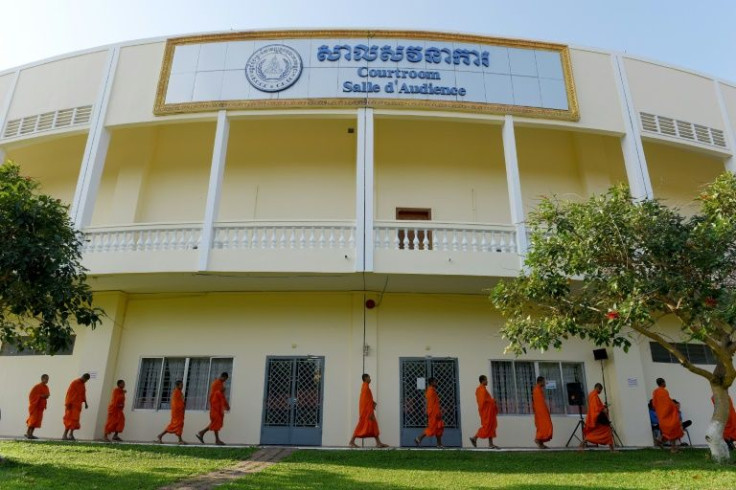UN-backed Court Drops Genocide Charges Against Ex-Khmer Rouge Commander
Genocide charges against a Cambodian ex-Khmer Rouge commander were dropped on Friday by the United Nations-backed court set up to try leaders of the brutal regime, according to a statement.
The Khmer Rouge, also known as the Communist Party of Kampuchea, sought to transform Cambodia into an agrarian utopia, but instead killed as many as two million people.

Ex-navy commander Meas Muth was charged in 2015 with genocide against Cambodia's ethnic Vietnamese minority during Khmer Rouge rule from 1975 to 1979.
He was also charged with torture, premeditated homicide and crimes against humanity, although wrangling between Cambodian and international judges meant he was never summoned to appear before the court.
The Extraordinary Chambers in the Courts of Cambodia (ECCC), as the tribunal is formally known, was set up with UN backing in 2006 using a mix of Cambodian and international law.

It has convicted three people and cost more than $300 million.
The court announced Friday it was terminating the case against Meas Muth "in the absence of a definitive and enforceable indictment".

Cambodian judges had argued Meas Muth was too junior to fall under the court's jurisdiction of trying senior Khmer Rouge leaders.
The leader of the Khmer Rouge, "Brother Number One" Pol Pot, died in 1998 without facing trial.
While the Khmer Rouge starved, executed and worked to death up to a quarter of the population, the tribunal did not consider genocide charges in relation to the Khmer victims, but only in regards to the ethnic Vietnamese and Cham Muslim minority groups.
"Brother Number Two" Nuon Chea, considered the Khmer Rouge's chief ideologue, was jailed for life in 2018 after being found guilty of genocide against the minorities as well as a litany of other crimes, including forced marriages and rape.
He was sentenced alongside the regime's former head of state Khieu Samphan, who launched an appeal in August against his genocide conviction and a decision is due next year.
The court also secured a conviction against the Khmer Rouge's interrogator-in-chief Kaing Guek Eav, better known by his alias Duch, who died behind bars.
Strongman Prime Minister Hun Sen -- himself a former Khmer Rouge cadre -- has spoken against any further cases at the tribunal, claiming it would plunge the country into instability.
"The hybrid court will end soon," he said on Wednesday.
© Copyright AFP 2024. All rights reserved.





















